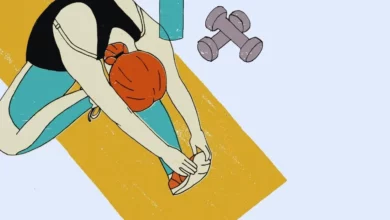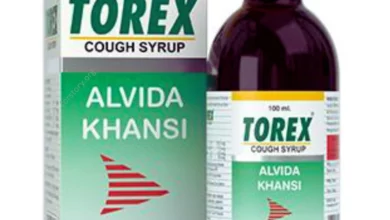Four Most Common Challenges in Dual Diagnosis Treatment

In present times, the public is facing addiction and mental health crises. Taking a huge amount of specified medications, drug, alcohol, etc. can cause great damage. Many factors can lead to drugs dependence including societal pressures, individual personality characteristics, general vulnerability, psychiatric problems, etc.
Dealing with alcoholism is a major issue, but struggling with both alcohol misuse and mental problems makes recovery more challenging.
When underlying psychological issues are at the base of alcoholism, substance abuse, or self-medication, a holistic treatment approach must consider mental and emotional health as well as the addiction itself. With a set of challenges, this approach is helpful with dual diagnosis treatment.
Before we go into the challenges of dual diagnosis treatment, let’s know about its meaning.
Dual Diagnosis: Complex Meaning than its Name
Dual diagnosis is also known as a co-occurring or dual disorder. A person with both a substance use disorder and a mental health disorder. The symptoms of one condition can conceal or exaggerate the others, sometimes impossible to tell which emerged first.
Few Challenges in Treatment Center for Dual Diagnosis
-
Acknowledge both the Symptoms
Dual diagnosis disorders have a great impact on one another. Substance addiction complications can get worse, if you neglect mental health issues. With increasing alcohol or drug usage, mental illness problems are likely to rise as well.
Accepting the signs of addiction and mental illness are the most difficult task in addressing and treating the individual with a dual diagnosis. Many times the patient only tends to focus on the addiction while ignoring the psychological trauma or vice versa. The individuals become disappointed when they fall into a relapsed state or continue to encounter mental illness after overcoming the addiction.
-
The treatment requires specialized programs
Some facilities focus on treating addiction, while others emphasize treating psychological or emotional difficulties. But because they specialized in one doesn’t imply they can’t treat the other. A dual diagnosis in a treatment context needs particular therapy and attention that not every facility can provide.
Dual diagnosis treatment needs a comprehensive approach with professionals who have assisted patients in reflecting on both emotional and psychological imbalances, as well as how those imbalances contribute to addictive tendencies.
-
Problem with the self-medication
The individuals seem to approach the self-medicating method in an attempt to fix themselves at a present moment. People support this approach by arguing that it helps them to calm down.
For instance, a patient in an agitated state justifies that the marijuana addiction may help them level their moods. But, one must rely on a self-medicating approach for treating psychological problems.
-
The increasing threat of relapse state or maladjusted behaviours
People with dual diagnoses probably get relapse or behavioural issues in the long run, even after treatment. People suffering from dual diagnosis focus on treating the psychological issues or addiction without accounting for the anxieties, trauma, or thought patterns underlying the behaviour.
If you do not take care of a dual diagnosis, the basic concerns will return if you don’t. If the person does not relapse, they may get maladaptive behaviours and coping methods, which could lead to another type of addiction.
Treating trauma without learning about a person’s tendency for drug or alcohol abuse increases the risk of relapse. When the person believes they’ve healed and no longer “need” the recovery from addiction. Instead, they are convincing themselves that they are no longer addicted. This occurs more when a person is not enrolled in a dual diagnosis residential treatment program.
Bottom Line
Individuals enrolled in a dual diagnosis program will receive care for both disorders at the same time. Treating both a substance use disorder and mental condition at the same time increases a person’s chances of staying sober. The above-mentioned challenges can help you to understand the treatment center for the dual diagnosis approach and get help from this blog when needed.




